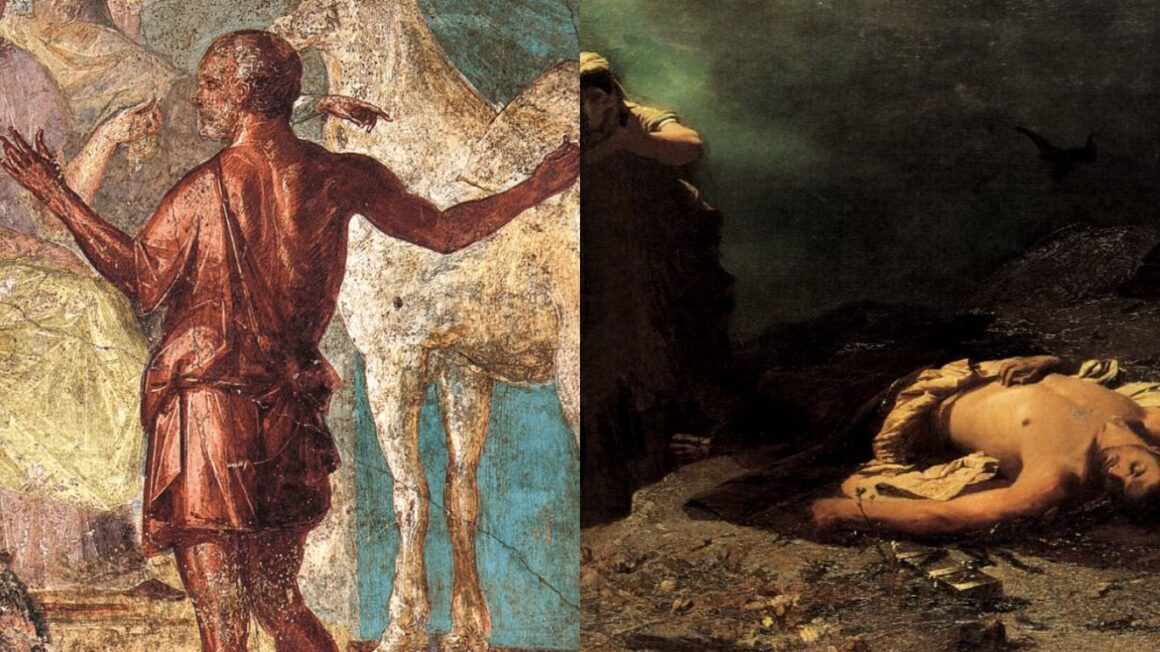- The “Iliad” serves as a Greek mythology foundation, rich with tales of heroism, honor, and the volatile rela…
- Following the “Iliad,” Homer’s “Odyssey” charts the homeward journey of the hero Odysseus …
- The “Odyssey” introduces us to legendary creatures, nymphs, and gods, each testing Odysseus’ cunning a…
- While “Theogony” focuses on the gods and their origins, “Works and Days” addresses the mortal re…
- “Metamorphoses” not only serves as a bridge but also showcases the immense influence of Greek mythology on R…
- What sets “The Histories” apart is Herodotus’ recognition of the interconnectedness between historical…
Greek mythology, with its tales of gods, heroes, and monsters, has profoundly influenced global culture, shaping literature and the arts for centuries. This body of myths carries timeless themes, symbolizing human experiences that remain relevant even today. As we look on this journey, we’ll delve into the depths of Greek mythology through 10 essential Greek Mythology texts for every enthusiast. Each work illuminates a different facet of this complex, fascinating tradition, offering a richer understanding to enthusiasts and beginners alike. Our exploration will stretch from Homer’s epics to Euripides’ dramas, presenting a comprehensive guide to Greek mythology’s enduring allure.
10 Essential Greek Mythology Texts for Every Enthusiast
The Iliad by Homer
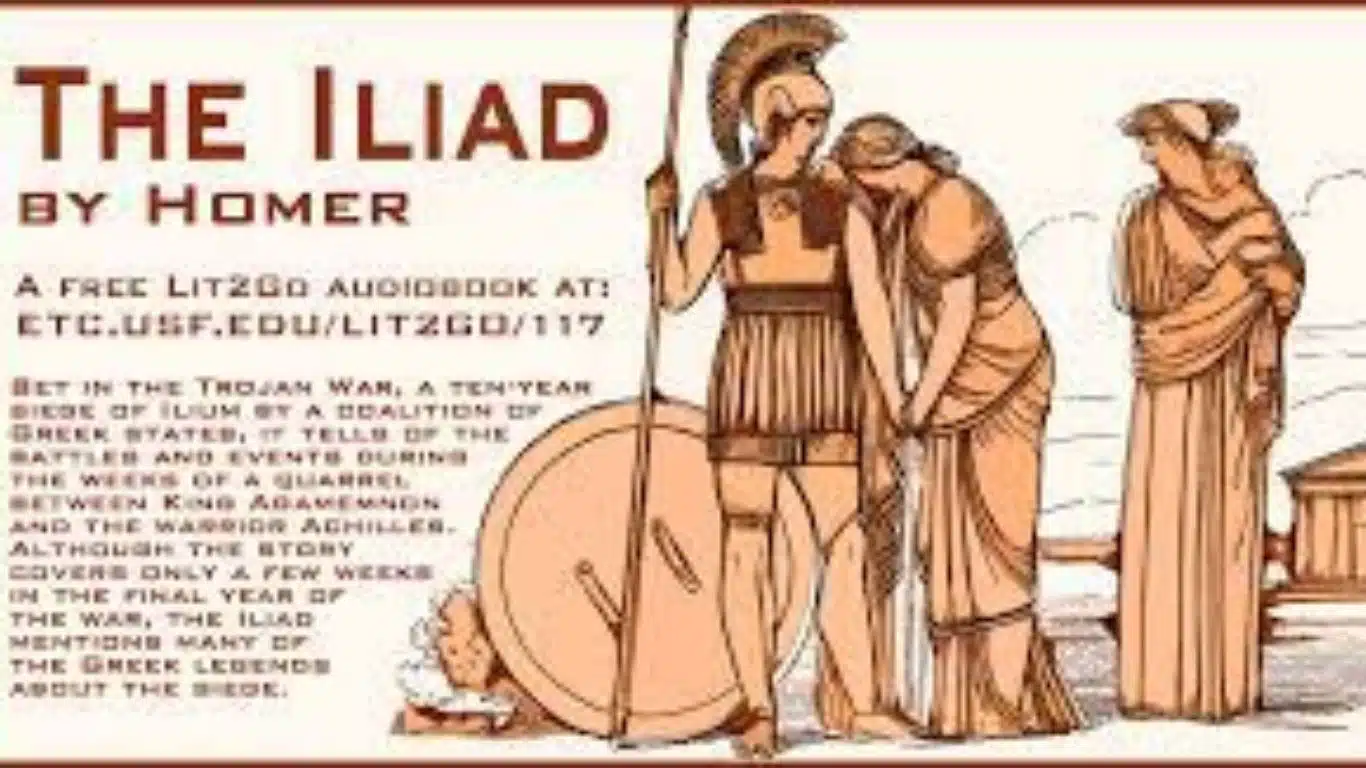
Homer’s “Iliad” transports us to the last year of the Trojan War, a ten-year siege provoked by a love conflict. The epic’s intense drama, grandeur, and depth capture us as we navigate the intertwined lives of mortals and gods. The “Iliad” serves as a Greek mythology foundation, rich with tales of heroism, honor, and the volatile relationships between gods and men. By exploring this masterpiece, enthusiasts plunge into an epic world, experiencing first-hand the age of heroes and the intricate mythological tapestry from which countless other tales have been woven.
The Odyssey by Homer
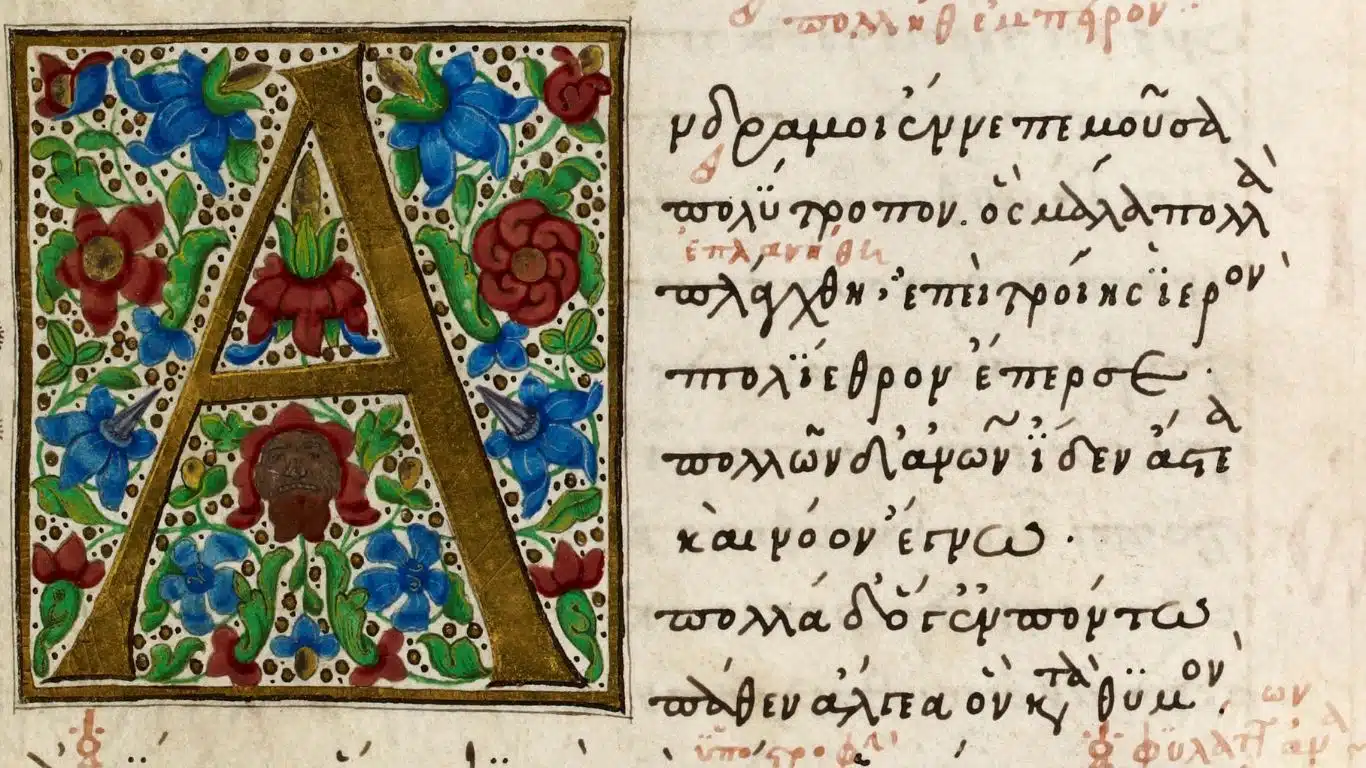
Following the “Iliad,” Homer’s “Odyssey” charts the homeward journey of the hero Odysseus after the fall of Troy. This epic narrative is more than a heroic adventure; it explores themes of perseverance, loyalty, and the power of wisdom over brute strength. The “Odyssey” introduces us to legendary creatures, nymphs, and gods, each testing Odysseus’ cunning and resilience. Its profound influence on Greek mythology cannot be overstated, as the epic continues to shape our understanding of heroic quests and the enduring human spirit.
Theogony by Hesiod
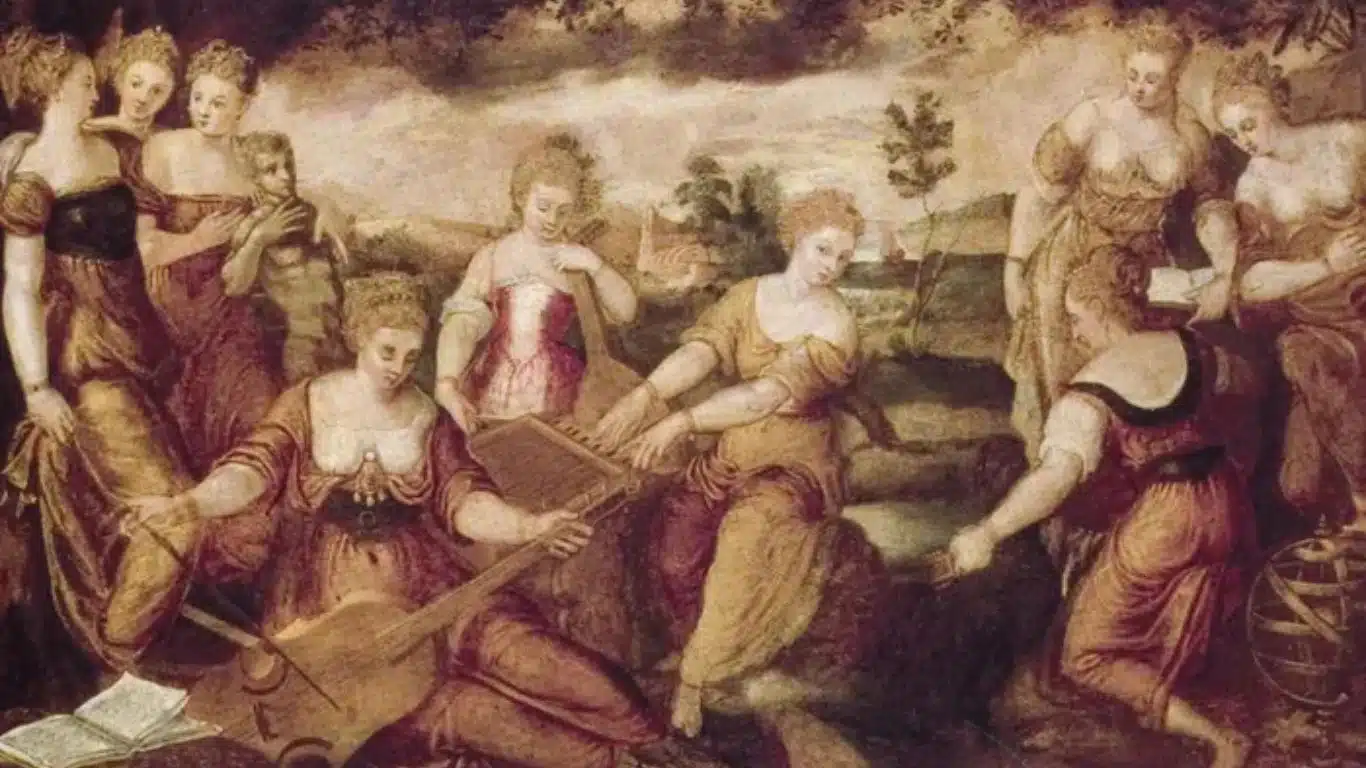
Hesiod, a contemporary of Homer, composed the remarkable poem known as “Theogony.” In this work, he delves into the origins of the gods, unveiling a vivid cosmogony that lays the foundation of Greek mythology. Hesiod takes us on a captivating journey through the genealogy of the deities, revealing their births, powers, and intricate relationships. “Theogony” serves as a vital source for comprehending the divine hierarchy, the creation of the universe, and the divine conflicts that shape the Greek mythological landscape.
Works and Days by Hesiod

Hesiod’s “Works and Days” is a didactic poem that offers practical advice on how to lead a just and fruitful life. While “Theogony” focuses on the gods and their origins, “Works and Days” addresses the mortal realm, providing guidance on agriculture, morality, and justice. This work complements “Theogony” by grounding the lofty mythological narratives in the practical realities of human existence. Through vivid descriptions and moral anecdotes, Hesiod imparts wisdom to his audience, teaching them the importance of hard work, honesty, and respect for the gods.
The Library of Greek Mythology by Apollodorus
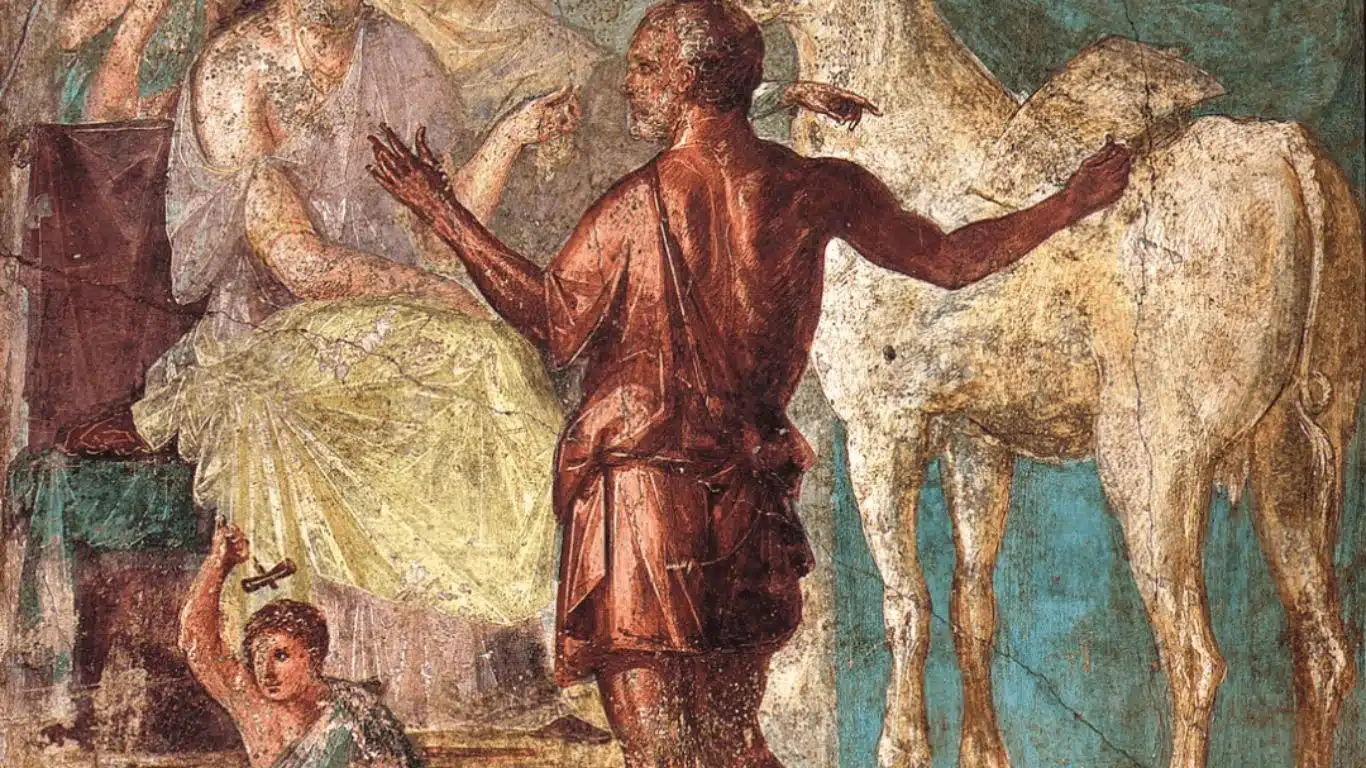
Apollodorus, a Greek scholar from the 2nd century BCE, compiled a comprehensive anthology titled “The Library of Greek Mythology.” This invaluable work serves as a compendium of Greek myths, presenting a vast array of stories and genealogies of gods, heroes, and legendary figures. Apollodorus meticulously weaves together narratives from various sources, offering a cohesive and accessible account of Greek mythology. His work not only provides a chronological overview of the mythological tradition but also delves into the intricate details and connections between different stories.
Metamorphoses by Ovid
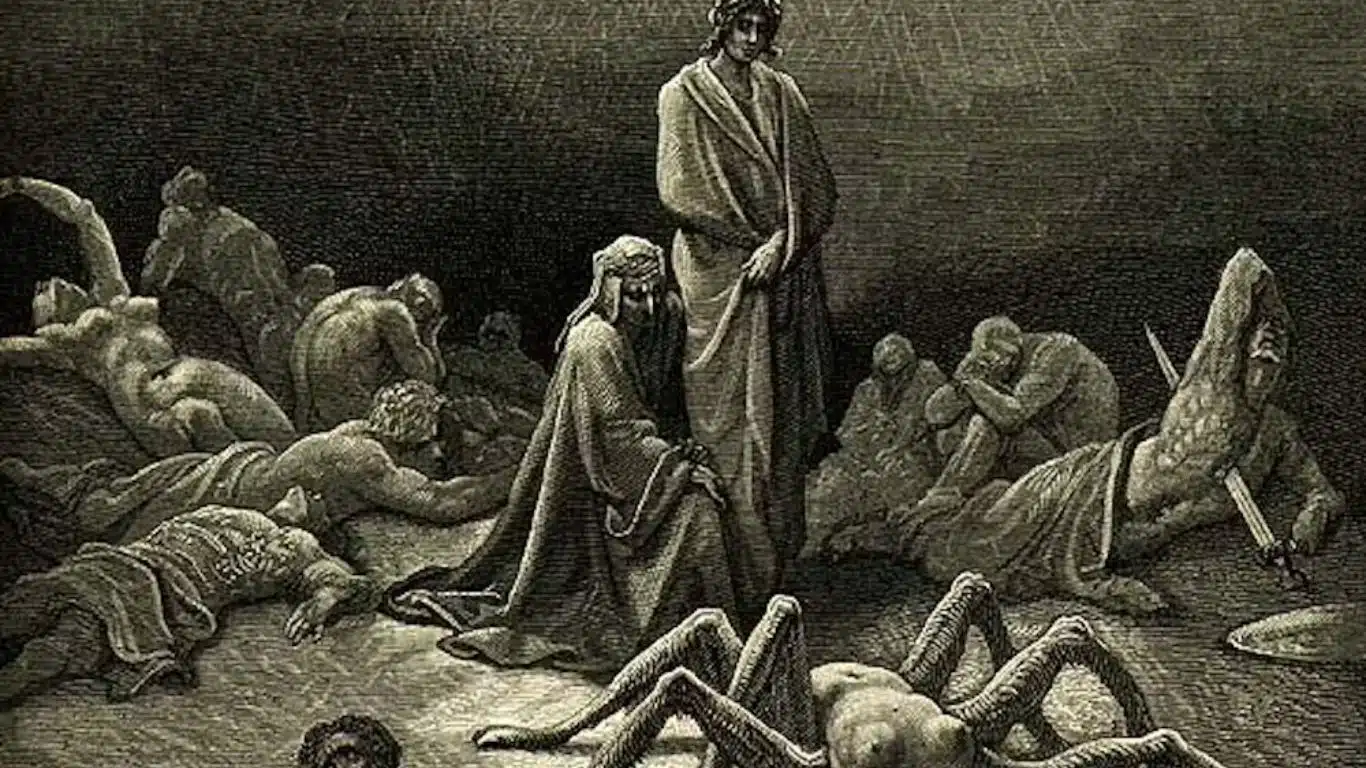
Ovid’s “Metamorphoses” is a masterpiece of Roman literature that weaves together a tapestry of myths, legends, and transformations. This epic poem consists of fifteen books, each exploring different tales of metamorphosis from Greek and Roman mythology. Ovid skillfully intertwines these stories, connecting the Greek pantheon with the Roman gods and heroes. Through his poetic retellings, he bridges the gap between the two mythological traditions, emphasizing their shared themes and cultural significance. “Metamorphoses” not only serves as a bridge but also showcases the immense influence of Greek mythology on Roman culture. Its exploration of transformative experiences, both physical and psychological, resonates with readers and deepens their understanding of the complex relationship between Greek and Roman mythology.
Argonautica by Apollonius Rhodius

Apollonius Rhodius’ epic poem, “Argonautica,” takes us on a thrilling voyage with Jason and the Argonauts in their quest for the Golden Fleece. Set in the heroic age of ancient Greece, this captivating narrative captures the essence of heroism, adventure, and the pursuit of glory. “Argonautica” holds a unique place in Greek mythology as it focuses on the exploits of a specific group of heroes, showcasing their courage, resourcefulness, and the challenges they face.
The Histories by Herodotus
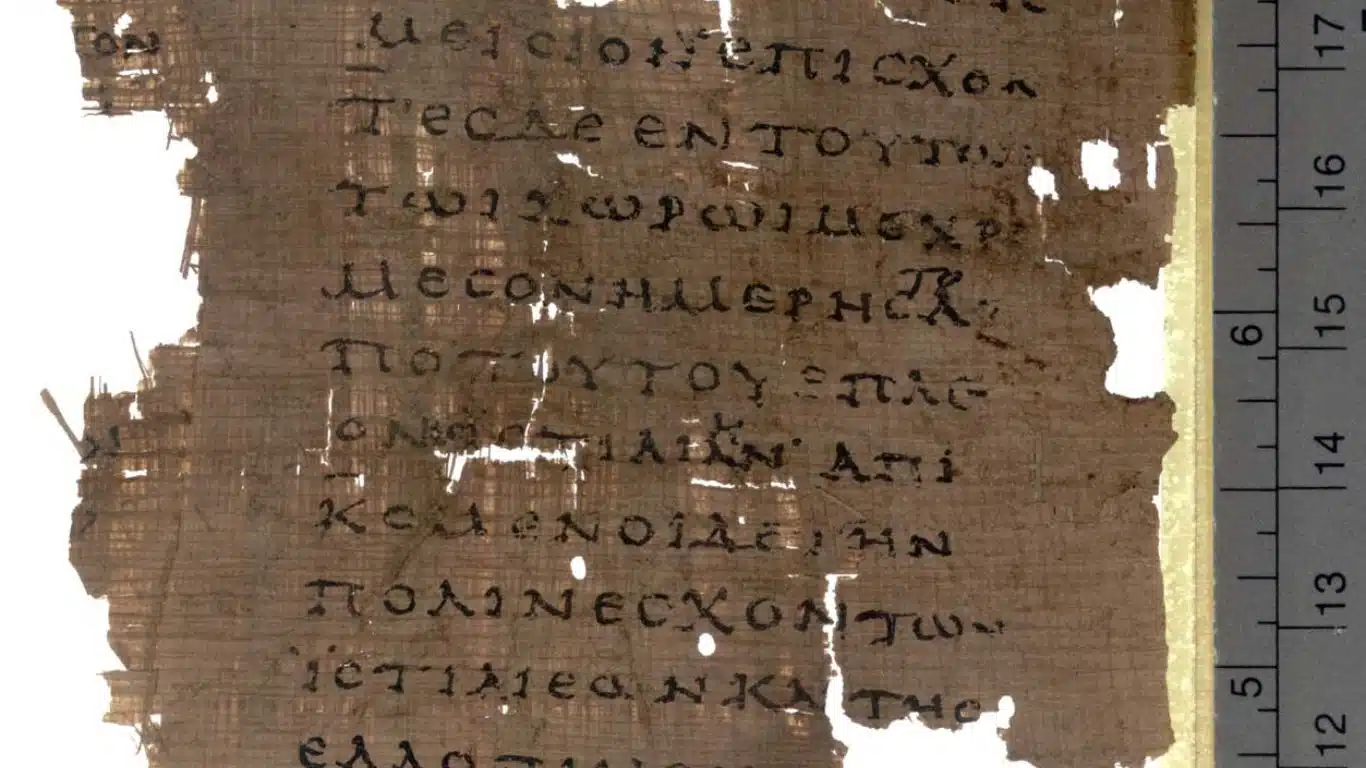
Herodotus, often referred to as the “Father of History,” authored “The Histories,” a groundbreaking work that intertwines history, myth, and cultural observations. His extensive investigations and meticulous storytelling provide a comprehensive account of the ancient world, ranging from the Persian Wars to the origins and customs of various societies. What sets “The Histories” apart is Herodotus’ recognition of the interconnectedness between historical events and mythological narratives. He weaves together tales of gods and legendary figures with factual accounts, emphasizing the role of mythology in shaping collective memory and cultural identity.
Tragedies by Sophocles (Oedipus Rex, Antigone)
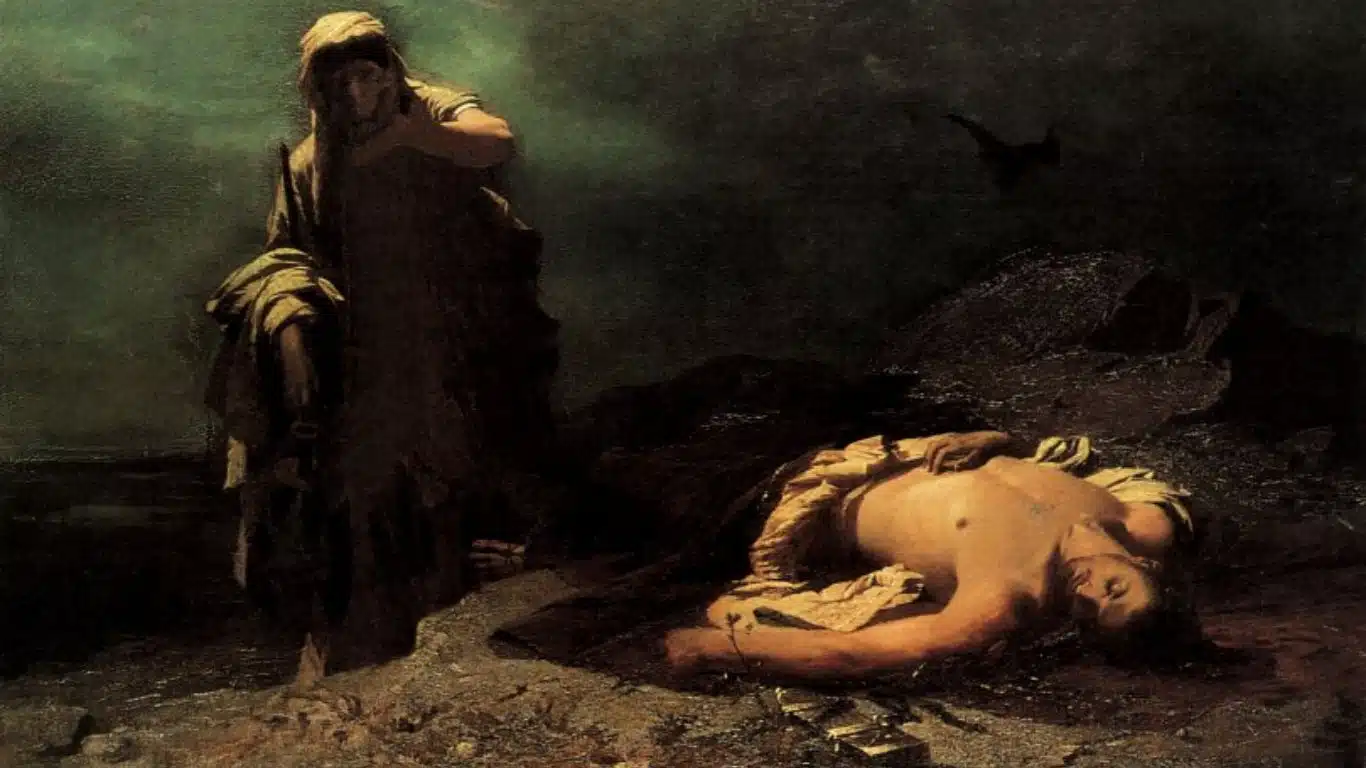
Sophocles, one of the greatest playwrights of ancient Greece, left an indelible mark on the world of literature with his tragedies, particularly “Oedipus Rex” and “Antigone.” These timeless works explore the depths of human nature, fate, and the intricate relationship between mortals and the divine. Sophocles masterfully crafts compelling narratives that intertwine with Greek mythology, drawing upon mythological themes, characters, and events. Through his tragedies, he examines the moral dilemmas faced by his protagonists, who often grapple with their tragic destinies and clash with the gods’ will. The importance of Sophocles’ tragedies in Greek mythology lies in their exploration of universal themes and the human condition, providing profound insights into the complex interplay between mortals and the divine realm.
Tragedies by Euripides (Medea, The Bacchae)
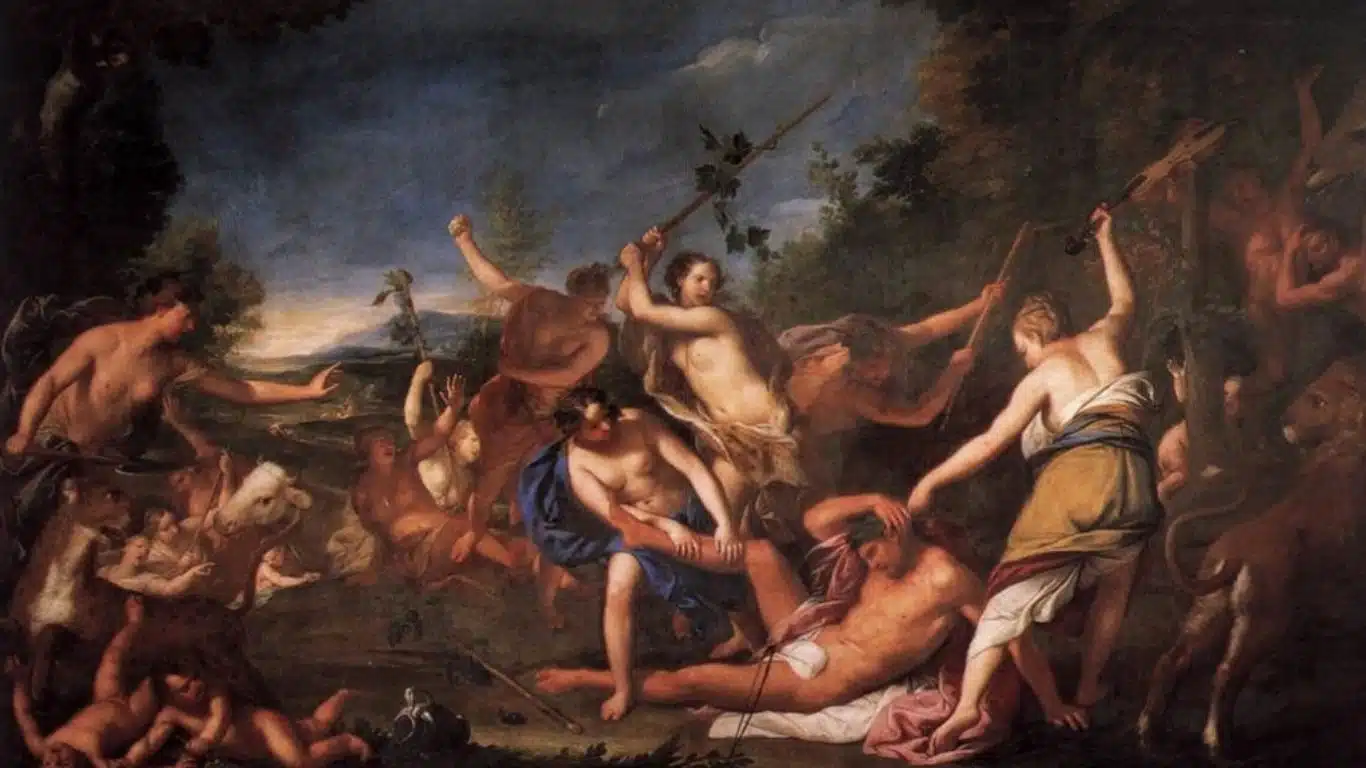
Euripides, a prominent playwright of ancient Greece, revolutionized the world of tragedy with his provocative and psychologically complex works. His tragedies, such as “Medea” and “The Bacchae,” continue to captivate audiences with their exploration of human emotions, moral dilemmas, and the volatile relationships between mortals and gods. Euripides delves into the darker aspects of Greek mythology, unraveling the complexities of characters driven by passion, revenge, and divine influences. These texts shed light on the complexities of human nature and the consequences of defying the divine order. Euripides’ tragedies challenge traditional notions and blur the lines between heroes and villains, inviting audiences to question societal norms and contemplate the ethical implications of mythological narratives.
Also Read: 10 Famous Mythological Snakes from Around the World
